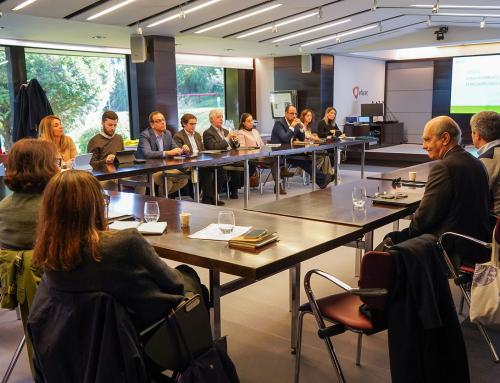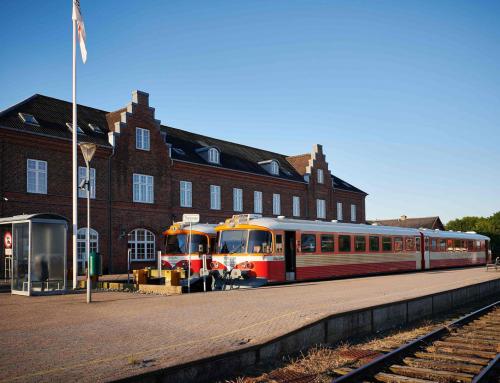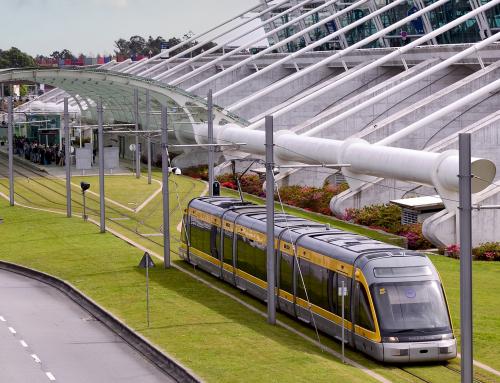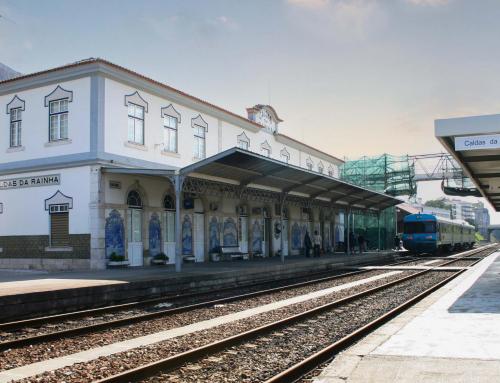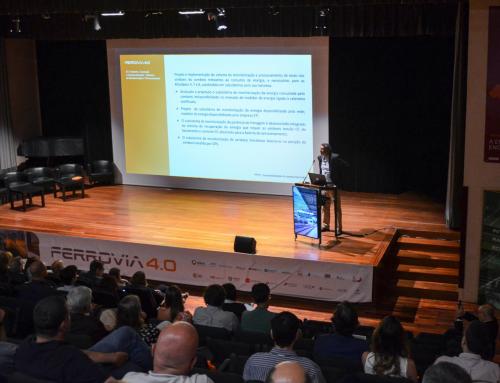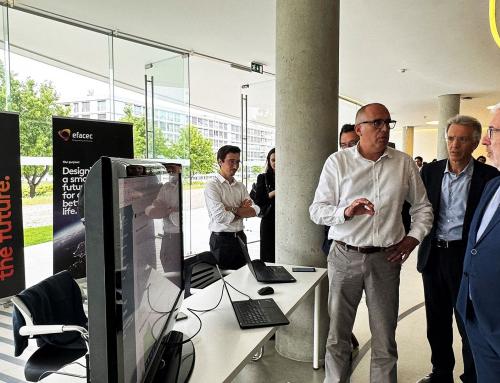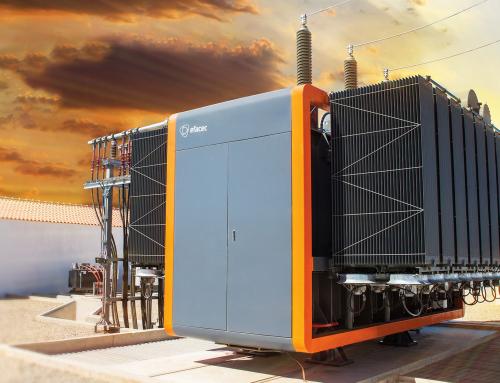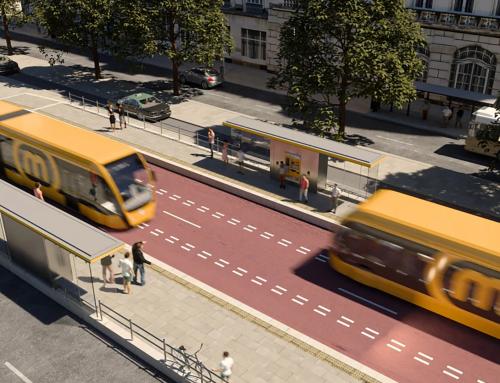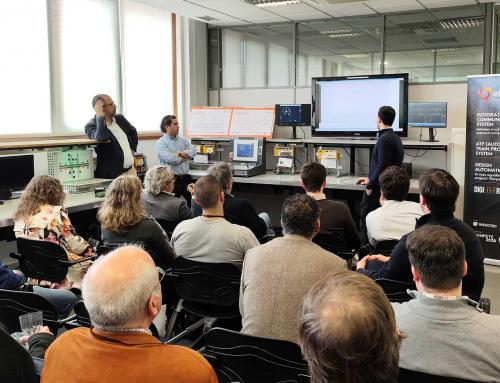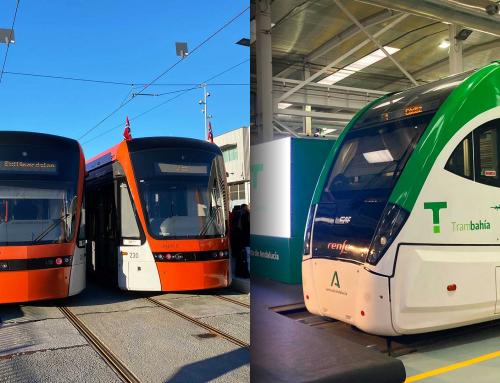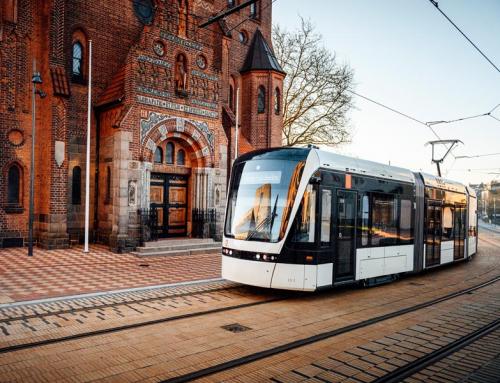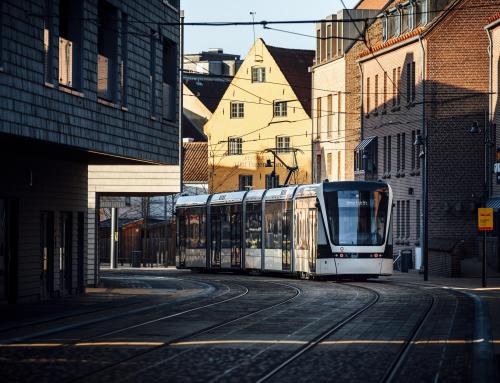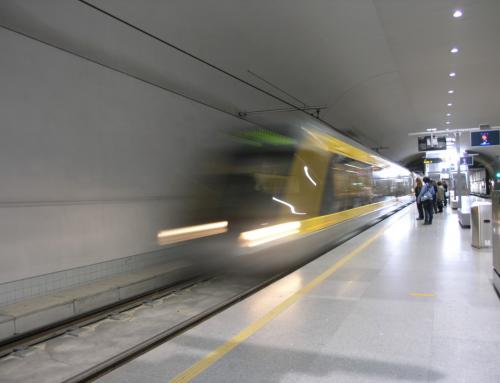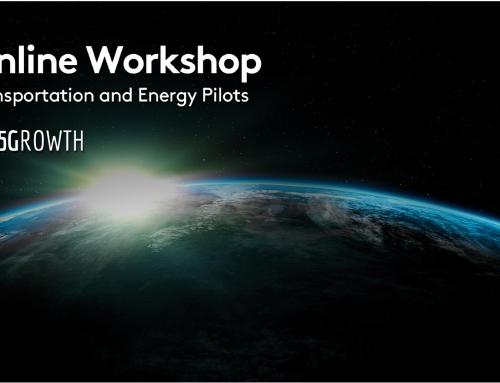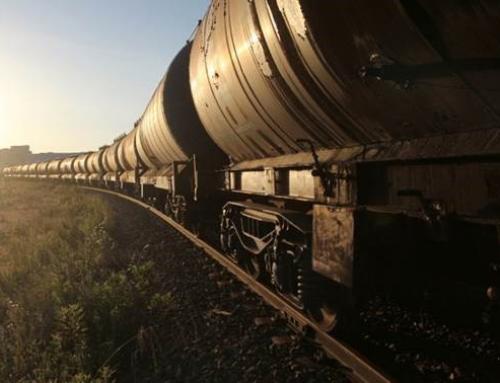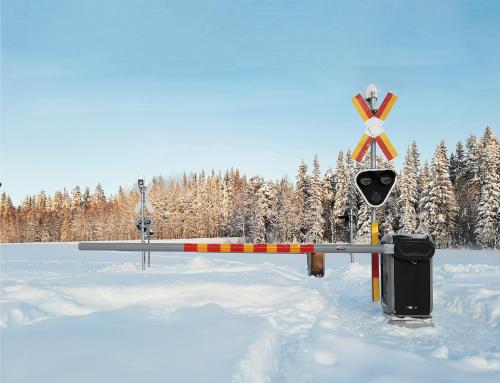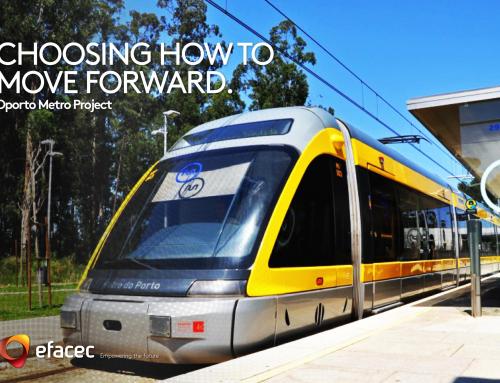
Efacec’s capabilities, competences and portfolio of solutions in the transportation sector will be presented at InnoTrans 2024, which takes place from September 24 to 27 in Berlin, Germany.
Efacec is a major international player operating in the railway, metro and light rail segments, providing technologically advanced, safe and efficient solutions in the areas of energy, operations management systems, railway safety, signalling and command & control centres.
At InnoTrans 2024, Efacec will be showcasing the latest updates to its portfolio, namely the upgrade of the command centre platform, Efacec’s Efarail®, a web-based version with a new interface to provide a better user experience. Among the latest releases, we highlight the charging systems for battery-powered trains (BEMU), a pioneering project in Denmark, a country in which Efacec recently won its first contracts in the transportation sector.
Manuela Costa, Commercial Director of Efacec’s Transportation area, emphasises that “this new version of Efarail makes it possible to operate the various subsystems usually used to control a transport network as if they were one and from anywhere, requiring only a connection to the customer’s computer network. The latest technologies allow the use of terminals of various types (desktop, mobile, etc.) and independent of their operating system, making it possible to improve the ergonomics of the human-machine interface and the user experience. In the energy sector, the design and construction of the first charging stations for battery-powered trains in Denmark is evidence of the confidence Efacec’s clients have in its solutions and the quality of its engineering services.”
Efacec has been participating for 17 years in the event, which in its last edition welcomed more than 137,000 visitors from 137 countries, strengthening the company’s internationalisation, namely by boosting its entry into new markets and establishing new contacts with clients and business partners.
The company’s experience in supplying electromechanical systems for metros and light railways goes back more than 25 years, starting with the supply of substations for the Lisbon Metro and later for the Porto Metro, followed by multiple similar projects in various countries: Messina (Italy), Tenerife and Cádiz (Spain), Algiers, Oran and Constantine (Algeria), Nottingham (United Kingdom), Rio de Janeiro (Brazil), Dublin (Ireland), Bergen (Norway) and Odense (Denmark).



